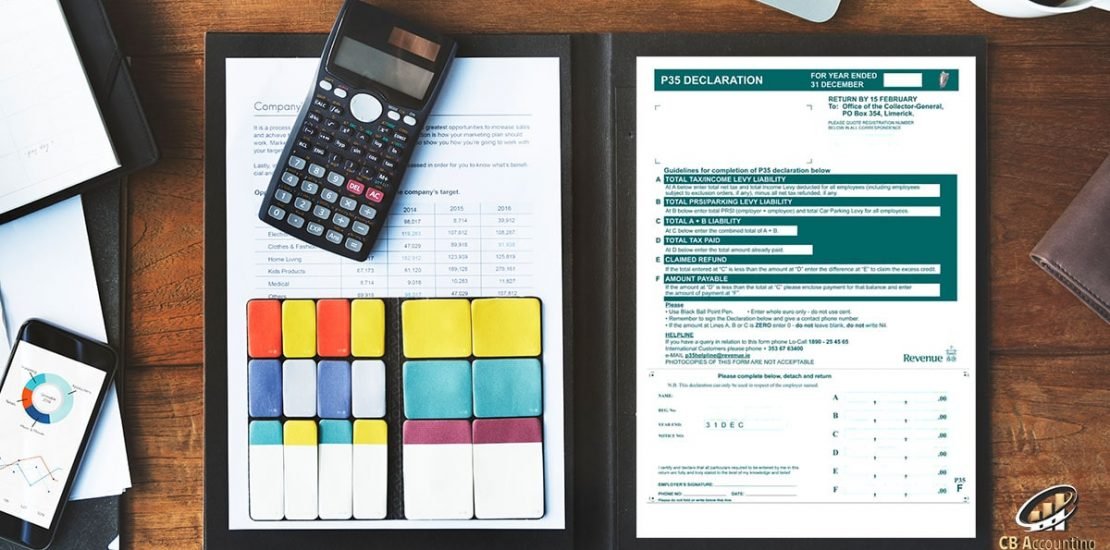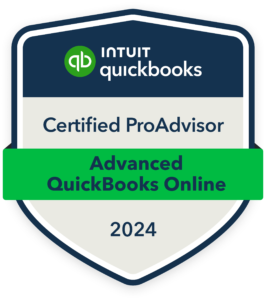Main Factors Which Influence How Much Income Tax You Pay
- Posted by: CB Accountant
- Category: Accounting and Consulting, Tax for Individuals

How Much Tax You Pay | CB Accountant
In the autumn budget in October 2018, the government announced fresh changes to the UK tax system, making good on their campaign promises to cut income tax rates and increase the personal allowance. The new legislation means millions of UK households will be better off, with basic-rate taxpayers recouping, on average, an extra £130 a year. In this article, we’ll explore some of the factors that influence how much income tax we pay and provide a few tips on how you might reduce your annual tax bill.
How Much Income Tax Should I Pay Based on My Earnings?
The amount we shell out in income tax each year depends on the size of our pay packet, and, as the goalposts are shifting once again on April 6th, it’s worth clarifying exactly how much UK taxpayers will be required to pay in the new financial year. Here’s a breakdown of the income tax thresholds for 2019-20:
- The personal allowance – the amount of income we’re allowed to earn tax-free – is going up again in the new tax year, from £11,850 to £12,500.
- The Basic rate tax band (20%) will be £12,500 to £50,000.
- The Higher rate tax band (40%) will be £50,001 to £150,000.
- And the Additional rate tax band (45%) will be £150,000 and over.
The latest changes will have real benefits for UK taxpayers, with a whopping 32 million of us getting to keep more of our hard-earned cash. The increase in the personal allowance means we’ll get an extra £650 a year tax-free, and the new basic rate tax ceiling (a jump from £46,350 – £50,000) means higher earners will pay the lower rate of 20% on an additional £3,000 of their annual income.
What Other Factors Affect How Much Income Tax I Pay?
It’s not just your earning power that influences how much income tax you pay each year. Other factors too can have a big impact on your annual tax bill, most notably how you earn your money and how you invest it. Here are some of the ways you might reduce the amount you pay in income tax:
- Dividend income: If a portion of your income comes from shares, you’ll benefit from a dividend allowance of £2,000. Any tax you pay over and above your allowance will depend on which tax band you fall into once you calculate your overall income. Basic rate taxpayers pay 7.5% on any dividend income they accrue above their allowance, higher rate taxpayers 32.5%, and additional rate taxpayers 38.1%.
- Marriage allowance: If you’re married or in a civil partnership and you’re a basic rate taxpayer, you may be able to boost your personal allowance and reduce your income tax bill. If one partner earns significantly less than the other (and crucially the amount they earn falls below the personal allowance – currently £11,850), that person can transfer £1,190 of their personal allowance to their partner, reducing his or her income tax bill by up to £238 a year.
- ISA: If you want to reduce your income tax bill, invest in an ISA. You can pay a big chunk of your salary (up to £20,000 a year) into an ISA without incurring any capital gains tax, dividend tax or income tax. Plus, any interest you earn from your ISA is completely tax-free.
- Savings allowance: As a basic-rate or a higher-rate taxpayer, you’re entitled to a certain amount of tax-free income on any interest you accrue from savings (not counting your ISA, of course). This is set at £1,000 and £500 respectively.
- Income from assets: If you get a portion of your income from capital gains (as a property developer, for example) you’re entitled to a certain amount of tax-free earnings. As of April 2019, the personal allowance for capital gains tax is set to increase to £12,000. That’s an extra £300 of tax-free profit on the sales of any assets.
- Pension contributions: For higher earners, a good way to offset some of your income tax is to pay a little extra into your pension fund. Higher-rate taxpayers enjoy 40% tax relief on pension contributions, compared to just 20% for basic-rate taxpayers. So putting a little extra away for your retirement could shave a few pounds off your annual tax bill.
To get the most out of your money and ensure you’re not paying more than you need to in income tax, you need to speak to a professional. Our highly skilled tax specialists can help you maximise your earning potential and stay up to date with all the latest legislation. So what are you waiting for? Get in touch today and speak to one of our financial experts.
Competitive Accounts Service: Annual Accounts, Management Accounts, Company and Personal Taxation, VAT, Payroll and CIS.


